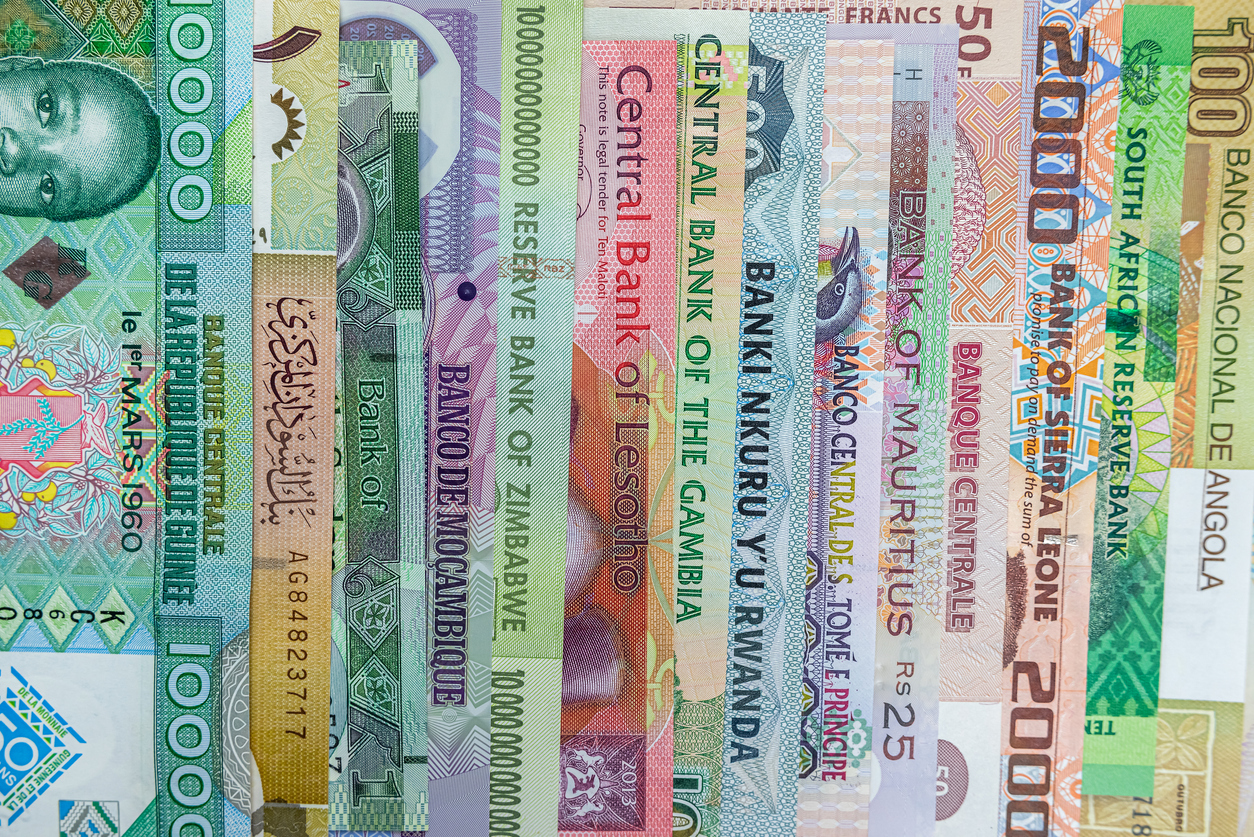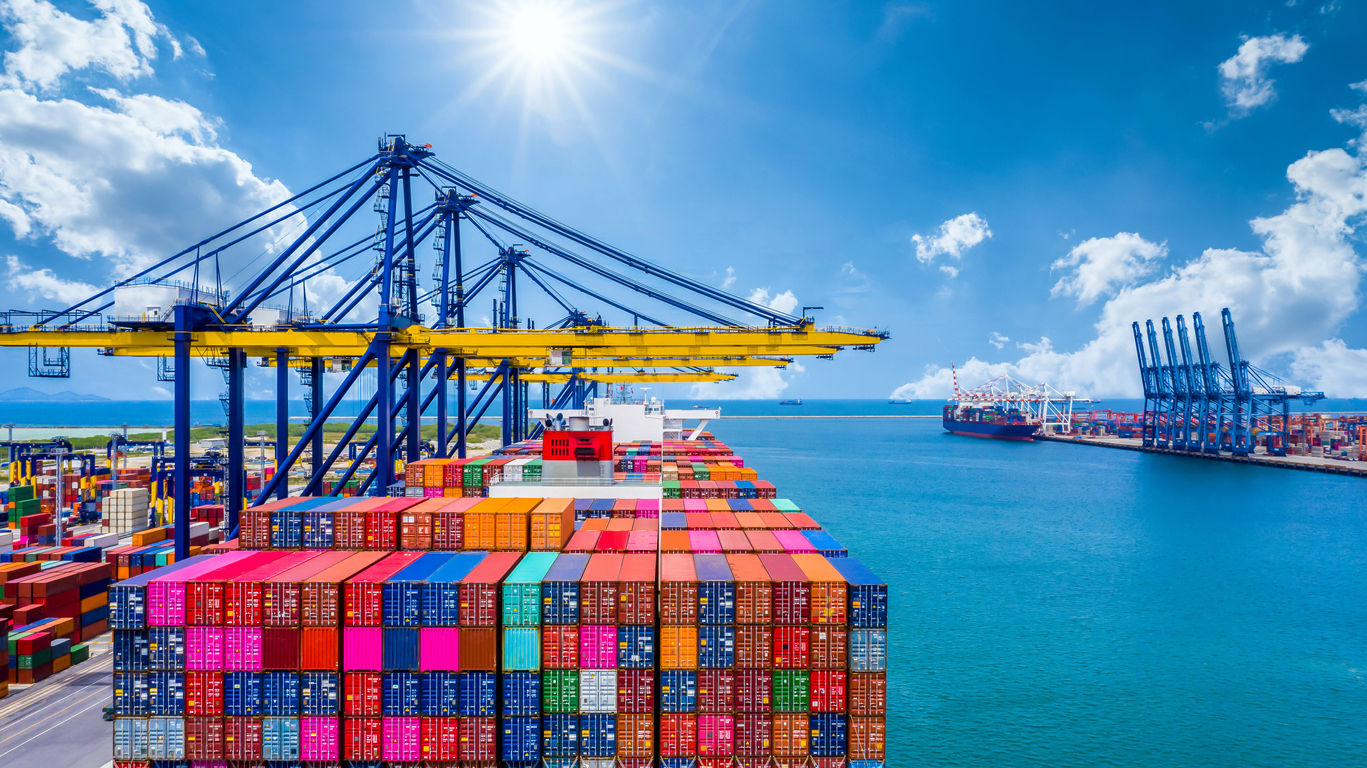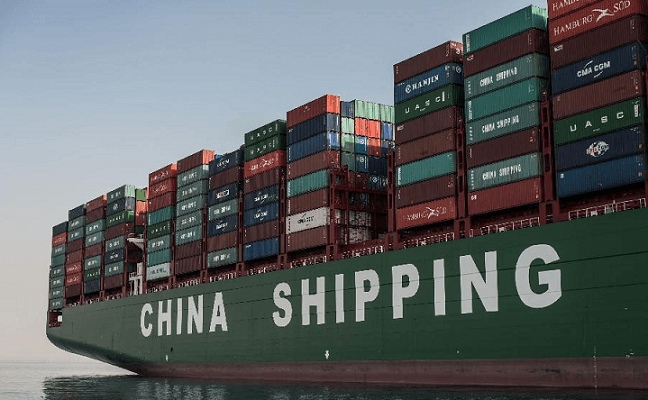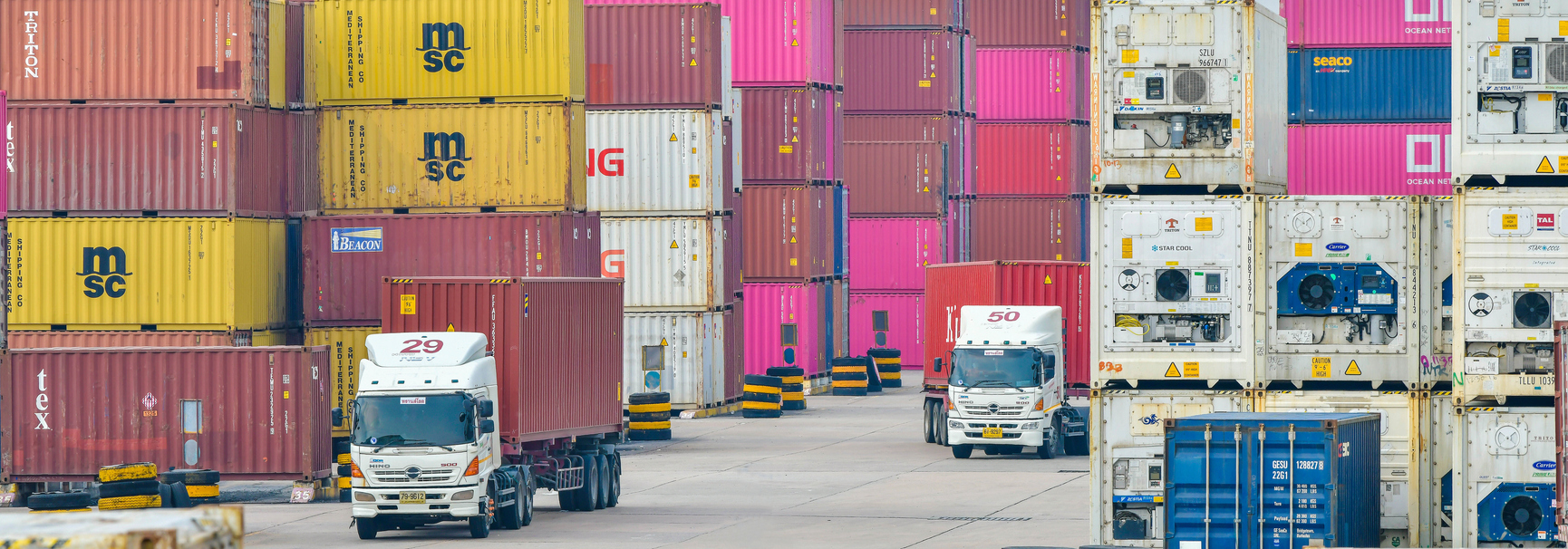Breaking Down Barriers: The Importance of Cross Border Payment Solutions in Africa
Breaking Down Barriers: The Importance of Cross Border Payment Solutions in Africa
Africa is a vast continent filled with endless opportunities and potential for economic growth. However, one major challenge that has hindered this progress is the lack of efficient cross-border payment solutions. The inability to easily send and receive money across borders creates financial barriers that limit business expansion and personal development. In this blog post, we will explore the importance of breaking down these barriers through effective cross-border payment solutions in Africa. Join us as we delve into the impact of modern payment technology on African economies, businesses, and individuals, and how it can pave the way towards a more prosperous future for everyone on the continent!
Introduction to Cross Border Payment Solutions
Cross border payment solutions can play an important role in facilitating cross-border transactions between businesses and customers in Africa. By creating a secure, efficient and cost-effective payment platform, cross border payment solutions can help to reduce the costs associated with international trade and commerce. Additionally, they can help to improve the flow of financial information between countries, thereby supporting economic development.
Cross border payment solutions can be used to make payments not just across national borders, but also within countries. They can be used to facilitate payments between businesses and their customers, as well as between different banks and financial institutions. Cross border payment solutions can also be used to transfer funds between different accounts in different countries.
There are a number of different types of cross border payment solutions available on the market today. These include global remittance services, money transfer services, e-payment platforms and wire transfer services. Different types of cross border payment solutions have different benefits and drawbacks. It is important to choose the right solution for particular circumstances in order to maximise its potential benefits.
Why is it important to have cross border payment solutions?
Cross border payment solutions are important for many reasons in Africa. The continent has a long history of cross-border trade and migration, which has led to numerous cross-border payments and financial institutions. Cross border payments play an important role in the economy by facilitating trade and investment, supporting the circulation of money, and reducing risks associated with cross-border transactions.
Many African countries have struggled to overcome barriers to cross-border payments and develop strong financial systems. These barriers include weak banking systems, high transaction costs, limited access to credit, and restrictions on the movement of capital. Cross border payments can help break down these barriers by improving access to finance, promoting trade and investment, and reducing the cost of cross-border transactions.
Cross border payment solutions can also promote efficiency in the African economy. By reducing the costs of transactions and enabling faster settlement of debts, they can boost economic growth and create job opportunities. In addition, they can help reduce corruption by ensuring that money is transferred accurately and quickly across borders.
There are a number of different cross border payment solutions available for use in Africa. These include mobile money platforms such as M-Pesa or Takaful; global remittance services such as Western Union; electronic funds transfer (EFT) platforms; and bilateral currency swap agreements between banks. Each solution has its own advantages and disadvantages, depending on the country context. Some platforms are more suited to rural areas while others are more suitable for larger cities. It is important
The different types of cross border payment solutions
Cross Border Payment Solutions in Africa
Cross border payment solutions are a critical part of enabling trade and business between countries in Africa. There are a variety of options available, each with its own benefits, making it difficult to choose the best solution for your business. This article will provide an overview of the different types of cross border payment solutions and their benefits.
Wire Transfer: A wire transfer is a simple way to send money between countries. Funds are transferred through banks, so there is little risk involved and no need to wait for a check to clear. Wire transfers can be used to transfer funds directly between accounts or between companies and banks. They are often the fastest option for sending money across borders, but they are not available in all countries.
A wire transfer is a simple way to send money between countries. Funds are transferred through banks, so there is little risk involved and no need to wait for a check to clear. Wire transfers can be used to transfer funds directly between accounts or between companies and banks. They are often the fastest option for sending money across borders, but they are not available in all countries. Cheque: A cheque is another popular cross border payment solution. When you deposit a cheque into an account at your bank, it represents an agreement by two parties that you will pay them back with cash (or another type of currency). This means that cheques can take some time to clear – usually several days – which can be inconvenient if you need the
How do cross border payment solutions work?
Cross border payment solutions have become increasingly important in recent years as economies across the world continue to grow and cross border trade expands. These solutions allow businesses and individuals to make payments without having to leave their current networks or countries.
One of the most common types of cross border payment solutions is remittance. This process involves sending money from one country to another, often for financial reasons such as supporting family members in another country. Remittance services can be used by people in different countries to send money back home, or they can be used by businesses to send money abroad for business purposes.
Another type of cross border payment solution is electronic funds transfer (EFT). EFT is a fast and efficient way for companies and individuals to transfer money electronically. It allows banks and other institutions to move large sums of money quickly and with little risk. EFT is also becoming increasingly popular among small businesses that don’t have access to traditional banking systems.
Cross border payment solutions are an important part of the global economy, and they are growing in popularity across Africa. They allow people and businesses to securely transfer money without having to leave their current networks or countries.
Why is it important to use Wigmore Trading’s cross border payment solutions?
Cross border payment solutions are important for several reasons in Africa. First, cross border payments can help to reduce the cost and time associated with goods and services transactions between countries. Secondly, they can help to promote trade and investment by making it easier for businesses to transfer funds between countries. Cross border payment solutions can help to improve financial stability by reducing the amount of money that is lost through corruption and fraud.
Using cross border payment solutions can help to increase economic growth and development in Africa. By reducing the costs associated with doing business, companies can flourish and create more jobs in Africa. Additionally, by promoting trade and investment, these solutions can help to bolster the continent’s economy overall. And finally, by helping to reduce financial instability, cross border payment solutions can contribute to a more stable market environment in which businesses can thrive.








LEAVE A COMMENT
You must be logged in to post a comment.